Menu
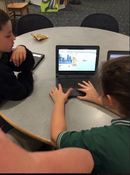 We assess and assess in subjects like math and reading. We take our data and group students accordingly so that we can specifically target skills that they are missing. We even go the extra steps and plan three different lessons for one period so that students are learning what they need in order to be successful. We even find programs that will feed our students questions based on how they perform when they first sign on. However...When it comes to some content areas teachers get stuck. Sometimes I've even heard comments such as, "This subject just isn't for grouping," or "This subject can only be taught as a whole group lesson." Hmmmmm...is that really true? Hopefully those reading this blog have already bought in to the concept that an assessment doesn't have to just be a 'test.' Assessments can be taken from informal observations done while students are working. Using that theory, I decided to take on the challenge of differentiating some of my Computer Science and technology classes this year. This is in response that some students are now enrolled in after-school clubs, camps, and competitive groups that advance their skills in different ways. Now I'm seeing that there is a need for some of my more skilled students to be able to take their skills to the next level instead of always being assigned the role of 'class expert.' Don't get me wrong, there is definitely value in having student experts for other students to learn from, it is just that having those students do that in every class only benefits the mean and doesn't enrich their talents. It also doesn't allow students who are struggling with a topic to have time to process what they are learning. One technique I use is when I teach a new Computer Science skill. For example, let's say we are working with Scratch and I note that there is a student that knows more code beyond the 'basic' lesson I presented. That is a student that is already ready for a more difficult challenge. Now if you teach multiple grade levels (as I do) sometimes I just ask the student if they would like to try a challenge that I'm giving the next grade using the same tool. Another technique I've used is having 'task cards' on hand. For example, if we are doing a lesson on loops and there is clearly a pair of students in the class that has mastered the skill, I then have task cards with challenges ready on different skills or a harder looping concept. I've also used task cards in another way. I've printed twelve task cards and told the students they could move on once they have mastered one card. I've made it clear that some students would get further then other in the course of one period and that I was ok with that. Stressing the non-competition part is important when trying to use this differentiation technique because otherwise they just try to get through as many cards as possible without actually understanding what they are doing.
Another way that I've found to do interest based differentiation occurs when students are done with a PBL or creation. Often I'll offer a variety of 'line coding' gamification and see what they have chosen. Those who are looking for the challenge often pick the harder coding games. If your school has a BrainPop account there are 8 coding games under the 'Game Up' section. Right now I've decided to move on to a random grouping activity. I want to regroup and see how some of my personalized differentiation has worked for the students this year. I guess you can say I'm giving an assessment to myself to see how much computer science the student have learned during the school year. So far, so good. I was very happy when a student I would consider to be an advanced coder because the student is actively involved in different coding clubs asked if he could add to his Historical Speech Scratch Project some Lego connections. This thrilled me because I can tell that the students are starting to understand how their projects can be different and at a variety of levels. Please let me know in the comments below any ideas you have also had for differentiation or personalization in Computer Science class.
0 Comments
|
AuthorDebra Jacoby, J.D. Archives
January 2024
|
Proudly powered by Weebly
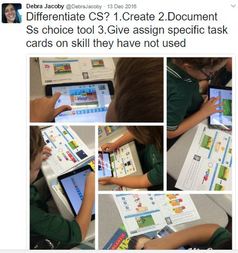
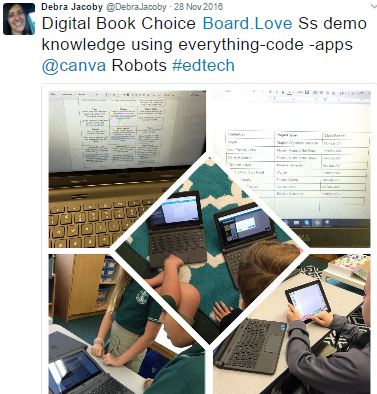
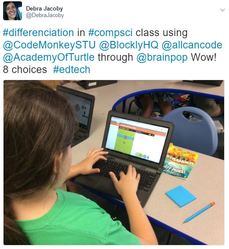
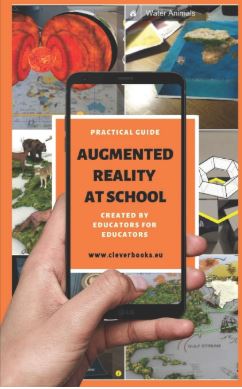
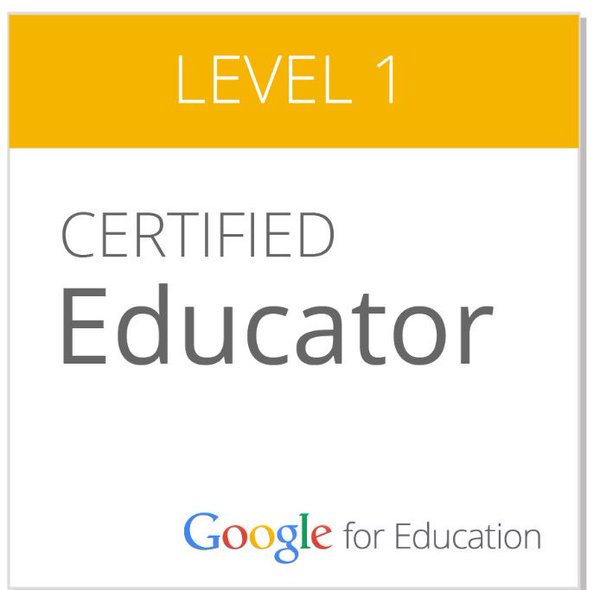
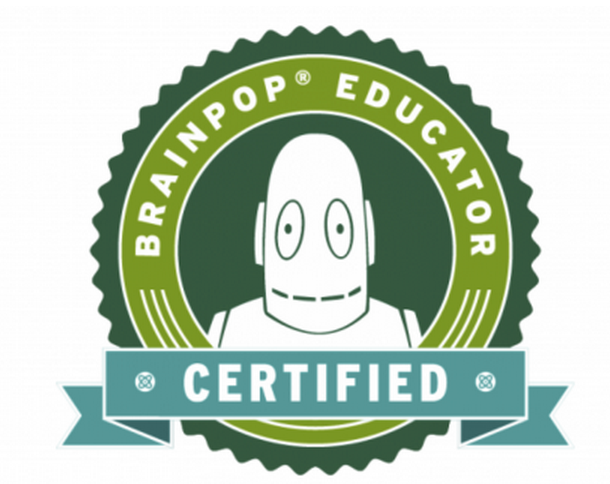
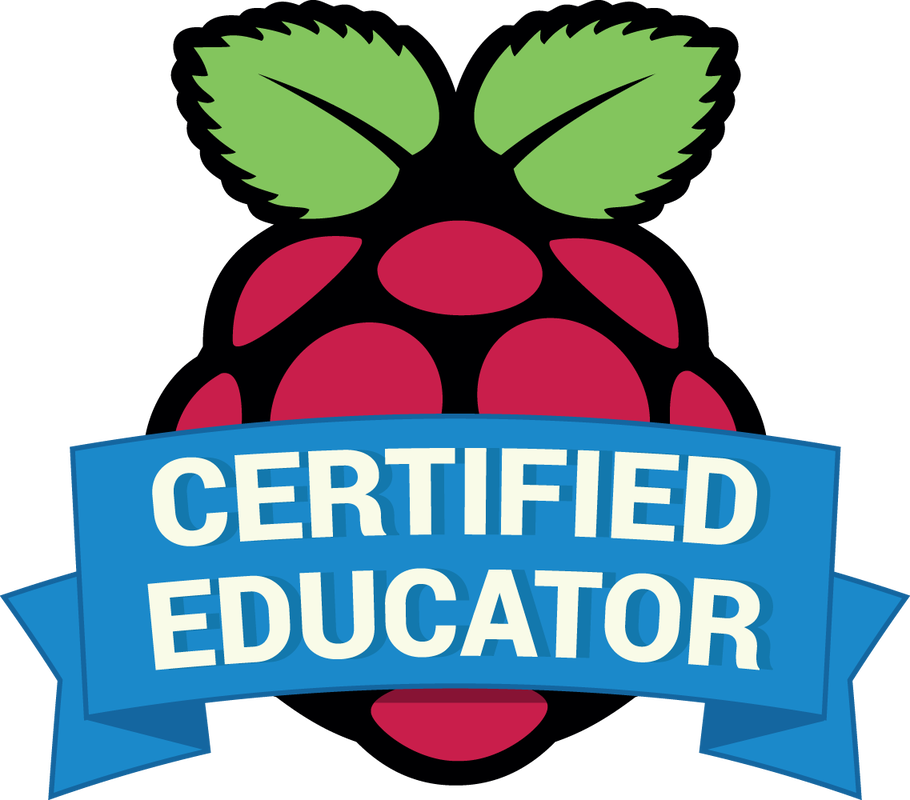

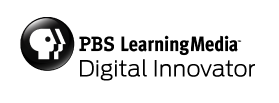



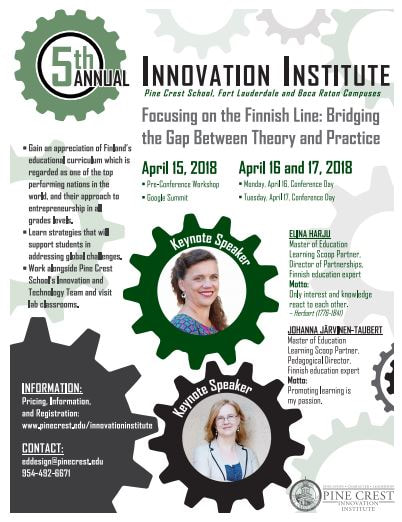
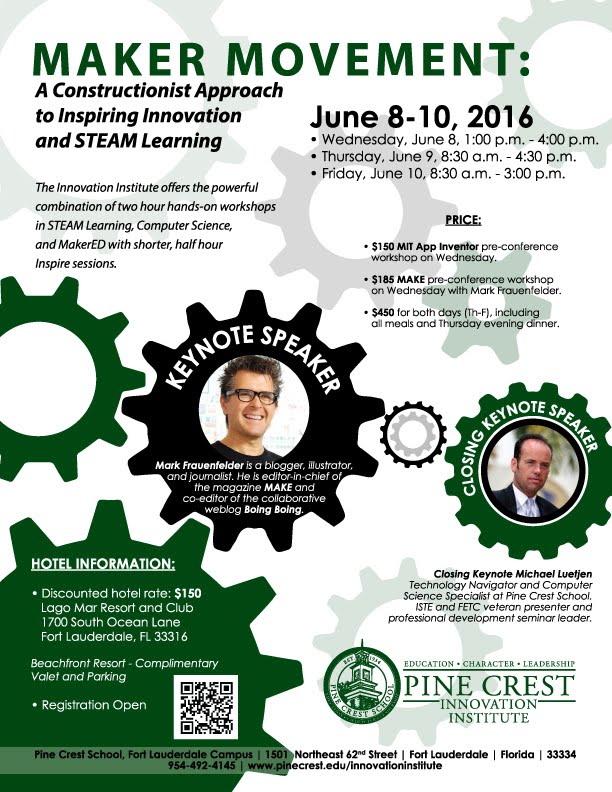
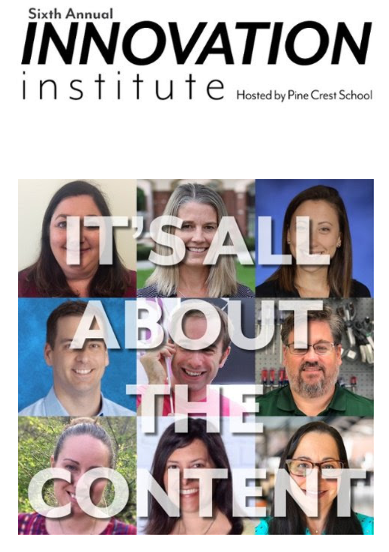
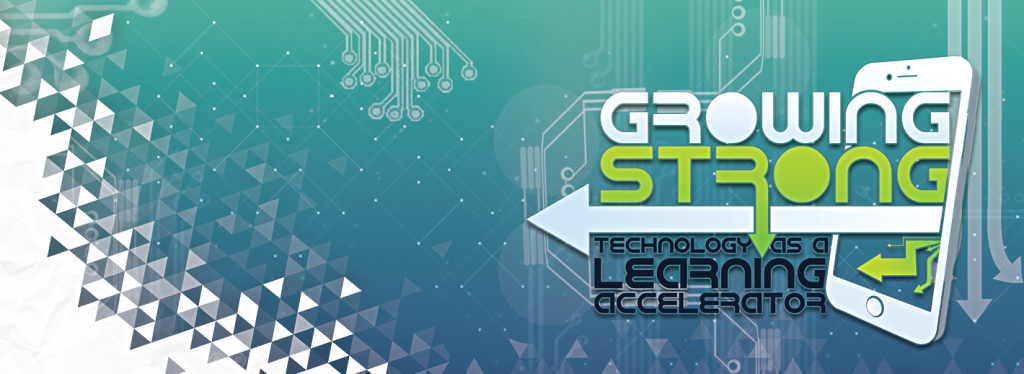
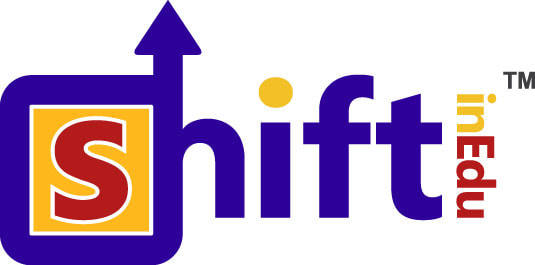
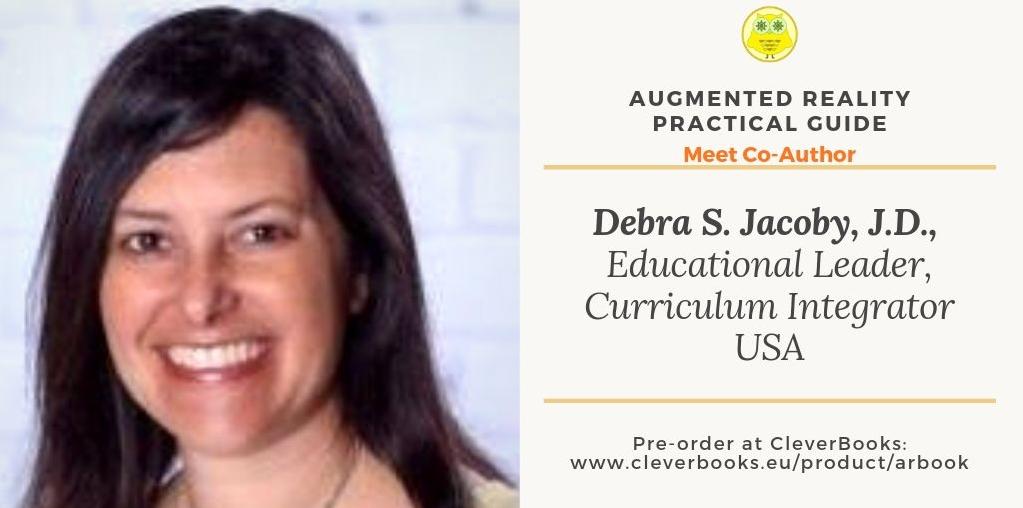
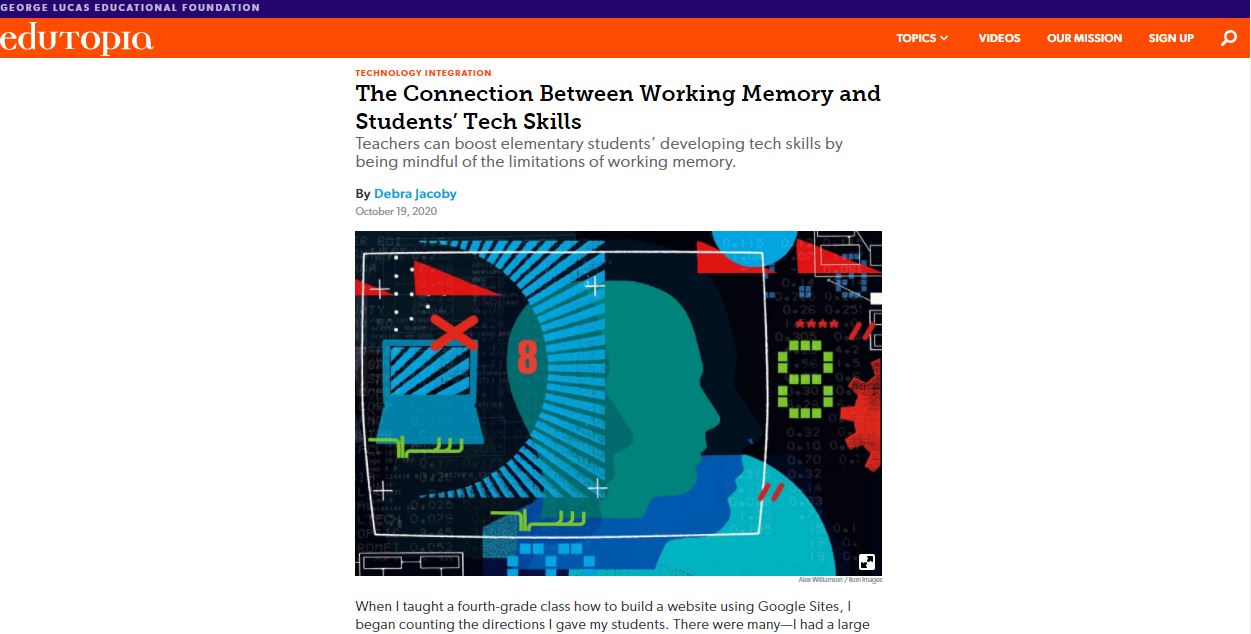
 RSS Feed
RSS Feed